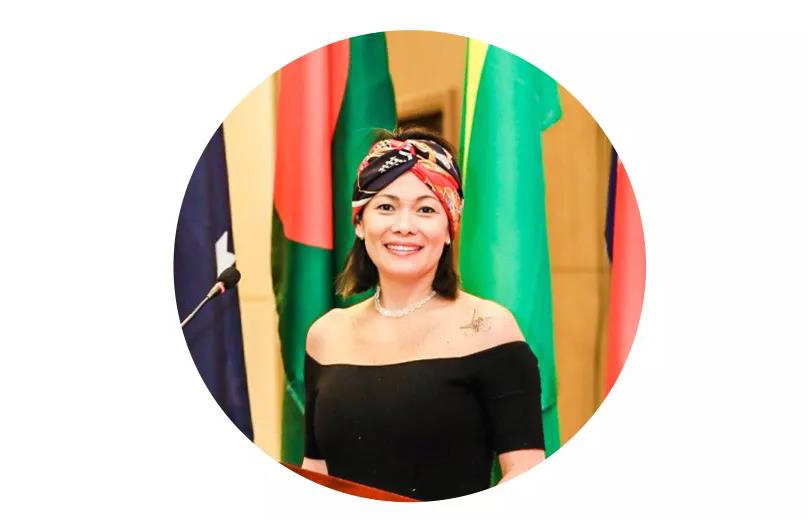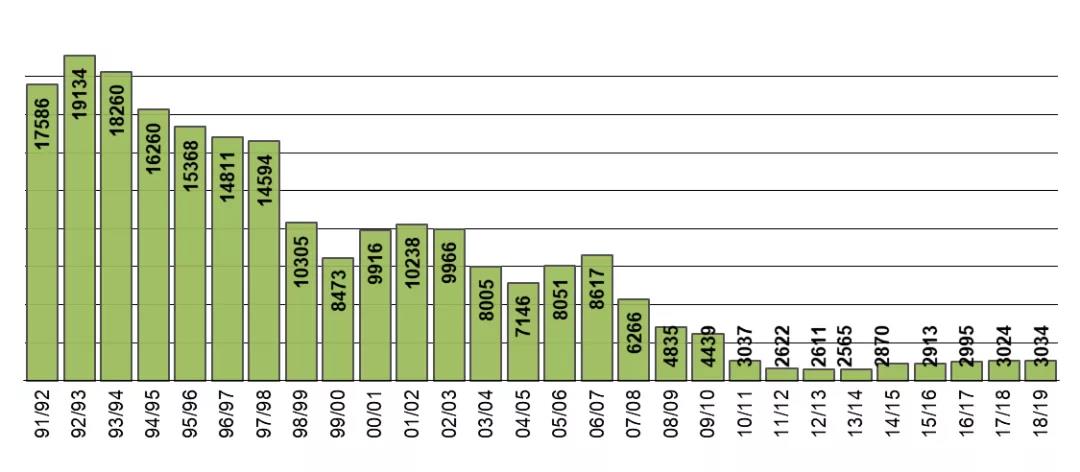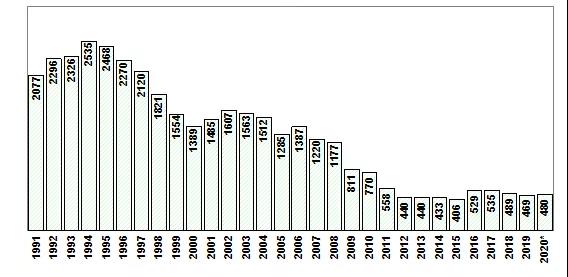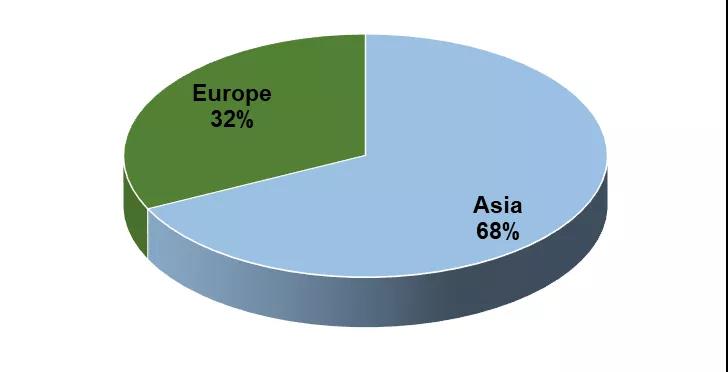Overview of the Brazilian Silk Industry

Ms. Renata Amano
President of Brazilian Silk Association
Abraseda - Brazilian Silk Association, aims to fully and sustainably promote a whole chain of Silk from the production of Silkworm eggs, breeding of Silkworms, production of cocoons, spinning, weaving, and apparel final goods, marketing and fashion, even academic research and innovation development projects for Silk application in different market segments other than textiles.
Given Brazil’s agricultural strengths and the relevant numbers of the national and international fashion market, Abraseda promotes Sericulture, associating the local Silk industry expertise and technology with the sustainable, ethical and socially responsible development of such economic sector, and, as a result, Brazilian economy. We also believe that, by joining efforts, silk should establish itself as an agent of economic and social transformation.
Initially formed by the local manufacturers of raw silk in 1971, the former Abrasseda aimed to strengthen the silk spinning industry in Brazil - an activity that began in the country in the early 1920s.
However, given the fast industrialization process in the southeastern region of Brazil and the replacement of men power by different types of agricultural machinery and implements, silk domestic market was negatively impacted by the accelerated movement of work force from the countryside to urban cities between years 1970 and 2000, and suffered significant cocoon production decrease, prompting several silk spinning factories to shut down and the national textile and apparel industry to fully abandon the market or look for alternatives combining other natural and synthetic fibers.
Over the last decade, driven by the higher productivity achieved through the mechanization and modernization of agricultural activity and the higher profitability focused on product quality, Brazilian sericulture has resumed its production of cocoons and in the last two years has tripled the volume of production in its most historically traditional Region of Cocoons called Alta Paulista, in the state of São Paulo, and has achieved stabilization in the volume of production of cocoons since 2014/2015 harvest.

Fresh Cocoon Production in Brazil
In view of launching of the International Year of Family Farming in 2014 by the United Nations Food and Agriculture Organization (FAO), Brazil has strengthened the prospects of this production system given the relevance of the sector on world stage. Minor crop is a model of agricultural production that has stood out in recent years. The dynamics of this social segment provide better conditions for environmental conservation, foster the development of techniques to increase productivity in smaller areas and enhance the coexistence of crop diversification in the same property. According to the Brazilian Institute of Geography and Statistics (IBGE), 90% of Brazilian municipalities with up to 20,000 inhabitants have family farming as the base of the local economy.
We have already seen a considerable increase in the number of active sericulture farmers (currently estimated at 2,500 families, more than 10,000 people directly involved in the field), and the higher profitability per hectare planted when sericulture is compared to other crops on small farms in Brazil. Our presence permeates regions with the lowest human development index in the country and has great potential of growth especially in rural settlements.
In 2018/2019 harvest 222 municipalities have produced silkworm cocoons on 2,630 different family properties, representing an approximate volume of 3,034 tons of fresh cocoons in the following proportions: 84% in the state of Paraná, 11% in the state of São Paulo, and 5% in the state of Mato Grosso do Sul.
The resumption of growth, although slow, is significant and sustainable as it is represented by new families of young people who are betting on Sericulture as their main livelihood activity on their own farms. Entrepreneurs and small investors who believe in technology applied to sericulture and are willing to invest in the activity based on the reliability of Brazil's unique silk spinning mill: Bratac.
Based on the new perspective of the domestic market, and the interest and appreciation of silk international market for Brazilian raw silk yarns, Abraseda was reformulated and restructured in 2017 to encompass the entire silk production chain in Brazil. The proposal for revitalization and modernization of Brazilian sericulture aims to increase production by strengthening activity, increasing value added in production, enhancing sericulture farmers within the context of family farming, access to national and international public policies, and partnerships in Research and Development.
In Brazil, textile and clothing sector in general is characterized by intense market competition, both domestic and globally. There are approximately 30,000 production companies in the country engaging 1.5 million direct workers. Brazil manufactures 3% of the 90 million tons of textile and apparel products manufactured worldwide.
To compete in international economy, textile and clothing industry in Brazil is constantly investing. In the past 10 years, more than USD 1 billion per year were applied in machinery, equipment, new infrastructures, design, training and industrial capacity. In partnership with the Federal Government and Apex - Brazilian Agency for the Promotion of Exports and Investments, a program was created to promote exports and investments. Regardless of the modernization of national companies, challenges for the sector are present. Notably, the tax burden, the high cost of capital, the poor infrastructure and the expensive and not always qualified labor force are difficult barriers to overcome to increase Brazilian enterprises presence in the international market.
At Silk business, such Brazilian reality is even more relevant.

Raw Silk Production in Brazil
While fashion around the world moves over USD 2 trillion, and Brazilian fashion itself is projected to surpass USD 100 billion, silk business in Brazil does not exceed 2% of this value in overall imports and exports. We have a lot to learn. And we foresee many opportunities ahead.

Silk Yarn Exported from Brzail, 2019
Unfortunately, Brazil is yet to take part of such silk consumption culture as performed already in Japan, China and Europe. It is important to join efforts among all and every silk business chain worldwide in order to strengthen our capabilities. On the other hand, due to the way sericulture is handled in Brazil there is a significant value added perceptive by end users and the achievement of at least 8 Sustainable Development Goals in the 2030 agenda agreed by world leaders from the United Nations. Embracing such goals means assuming the power to end poverty, fight inequality and stop climate change. Silk does it all. Silk is a call for action to change our world. Let´s make our planet a better place to live. We look forward to working with you.
Thank you very much.

